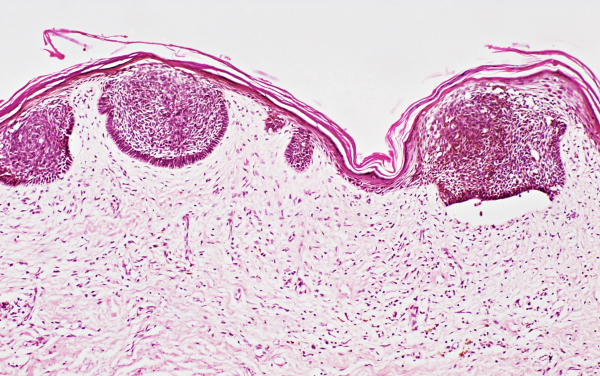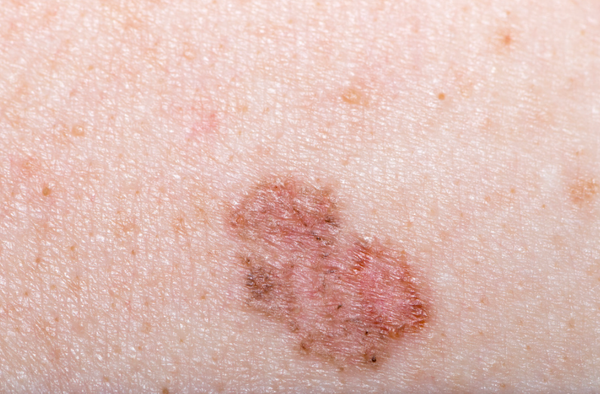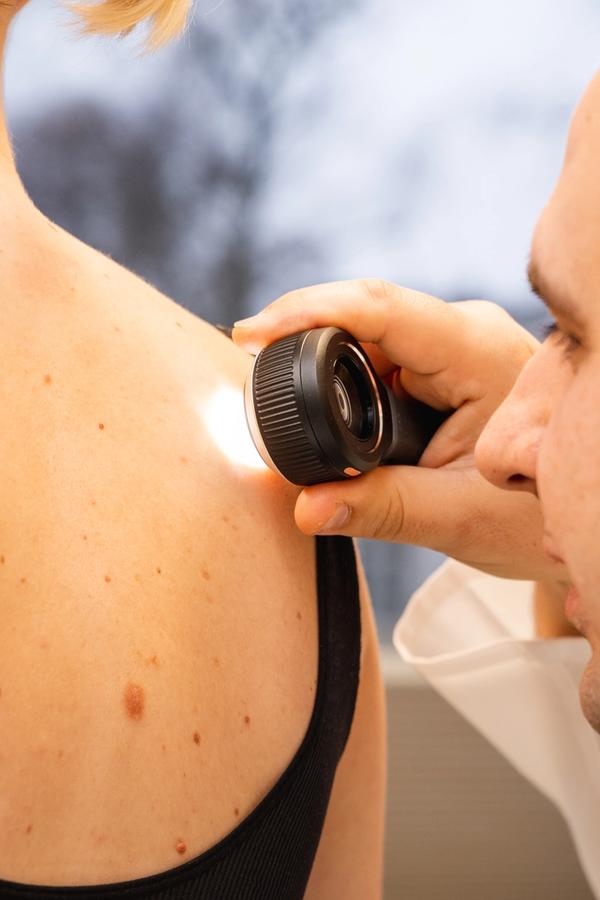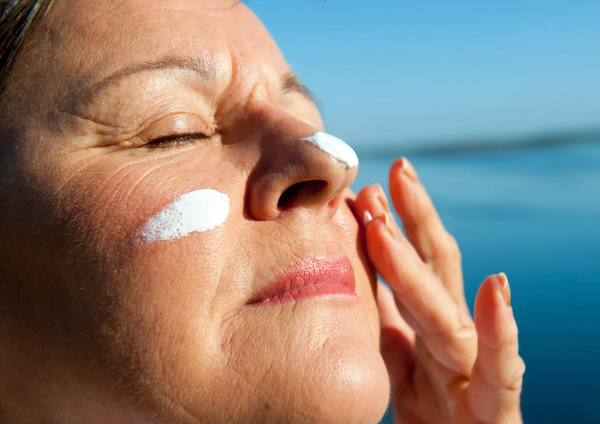Basal cell carcinoma: Symptoms, treatment and prevention with Dr. Dropin
Are you worried about skin changes? Basal cell carcinoma is the most common form of skin cancer.
Read on to learn about symptoms, treatment and prevention from Dr. Dropin.
Book an appointment




